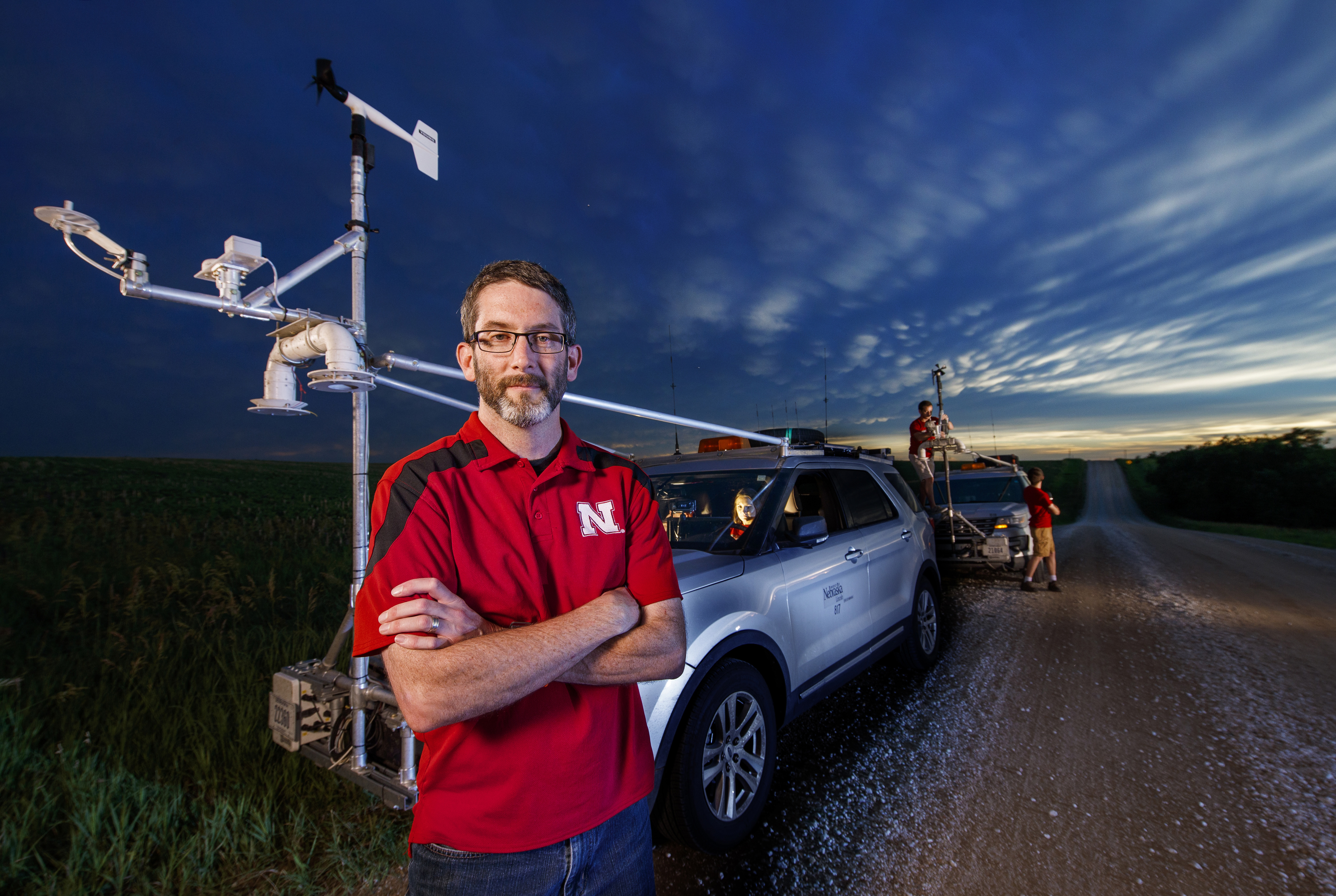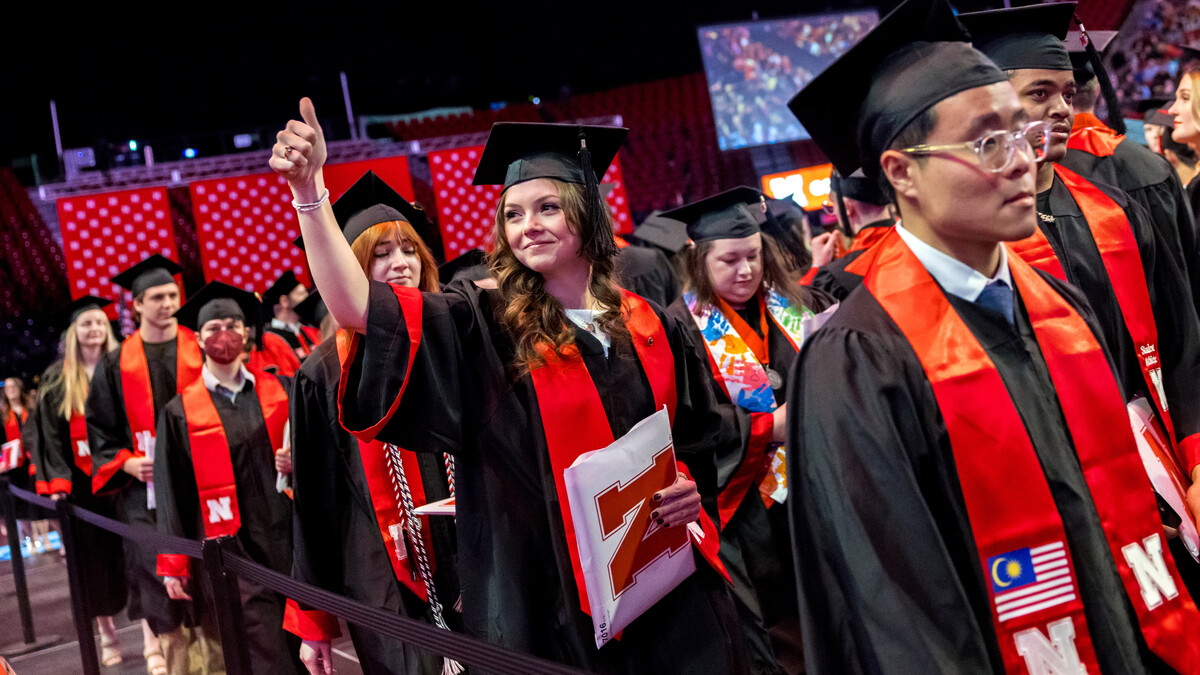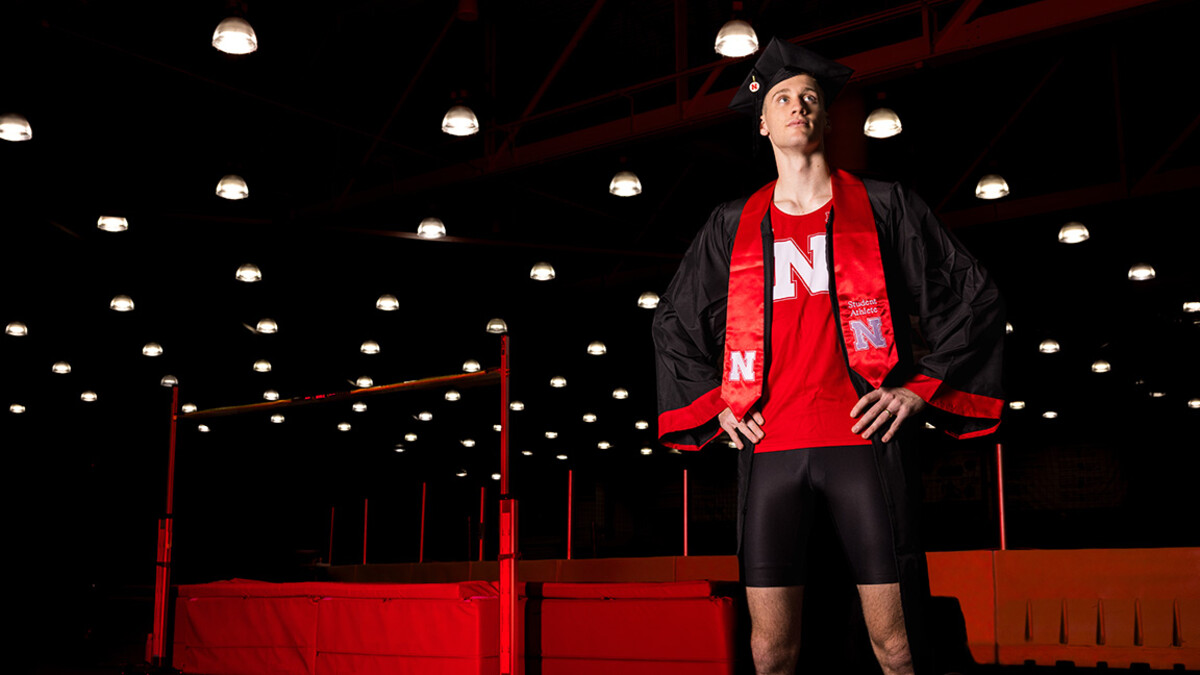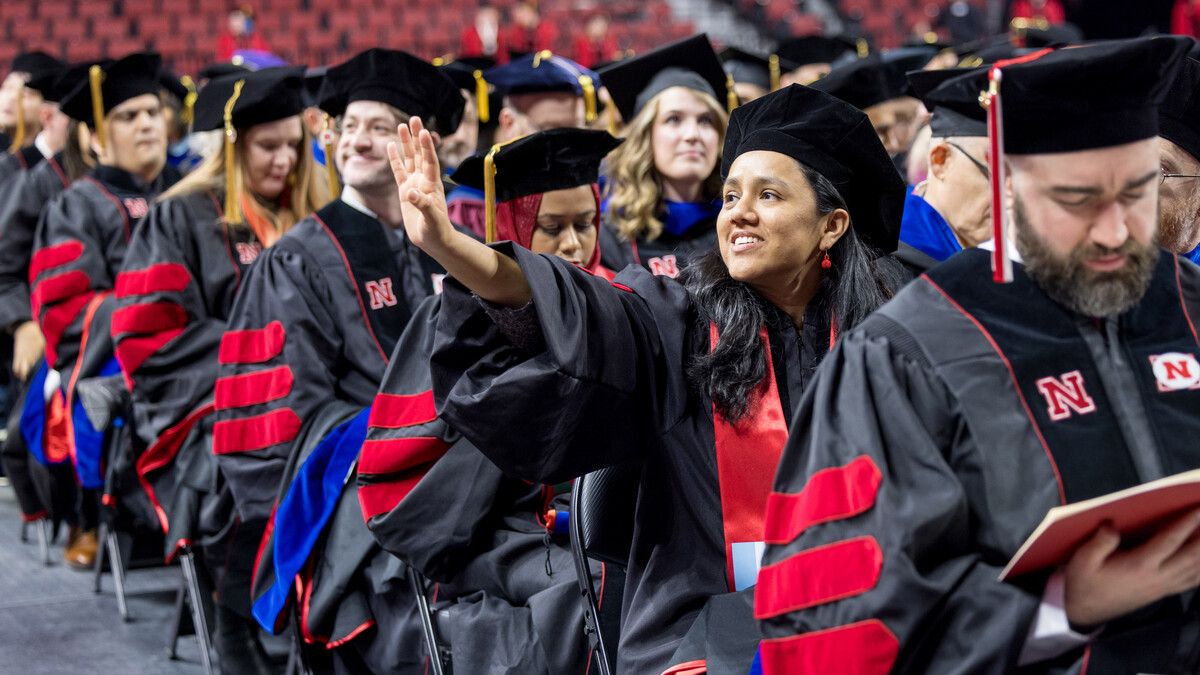
Drones are an increasingly useful tool for tracking and predicting severe weather. A University of Nebraska–Lincoln researcher will discuss drones’ forecasting potential during the spring Nebraska Lecture on April 2.
Adam Houston, professor of Earth and atmospheric sciences, will present “Can Drones Improve Weather Forecasts?” at 3:30 p.m. in the Nebraska Union’s Swanson Auditorium. It will be the first live, in-person Nebraska Lecture since 2019.
In the past two decades, Houston said, U.S. tornadoes have been responsible for more than 1,600 deaths, more than 23,000 injuries and nearly $31 billion in damage. No other thunderstorm-related hazard impacts humans so severely.
Though identification of the large-scale atmospheric conditions that can lead to tornado formation has improved, Houston said false alarms in issuing tornado warnings are still a problem — potentially leading people to ignore future warnings.
The use of computer models to guide forecasts has nearly advanced to the point of providing meteorologists with direct guidance for issuing severe thunderstorm and tornado warnings, Houston said. That process, referred to as warn-on forecasting, increases lead time for warnings.
Unmanned Aircraft Systems (UAS), or drones, show promise in further honing warn-on forecasting and reducing false alarms, Houston said. But drone technology has been controversial in some circles.
Houston has been involved in researching UAS technology for weather forecasting. UNL led the most ambitious drone-based investigation of severe storms and tornadoes ever conducted. The Targeted Observation by Radars and UAS of Supercells (TORUS) study deployed a broad suite of cutting-edge instrumentation on the Great Plains during the 2019, 2022 and 2023 storm seasons. The multi-institutional effort was funded by the National Science Foundation and the National Oceanic and Atmospheric Administration.
A question-and-answer session will follow Houston’s lecture. The event is open to the public, and registration is not required to attend.
The Nebraska Lectures are offered twice a year and feature high-profile presentations by distinguished Husker faculty who address topics of broad interest in an engaging, accessible format. All talks are free and open to the public. The talks are streamed online. Regular updates, as well as archived videos from each lecture, are available here.
The Nebraska Lectures: The Chancellor’s Distinguished Speaker Series is sponsored by the Research Council, Office of the Chancellor, Office of Research and Economic Development, and Osher Lifelong Learning Institute.








